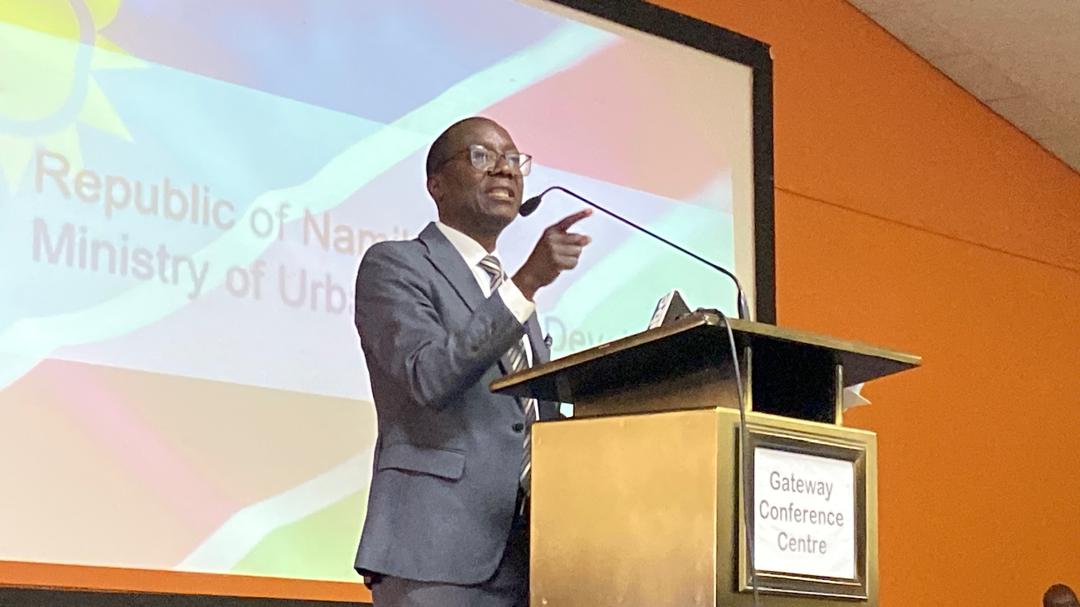LUSAKA – Zambia is rationing fuel following a shortage caused by the closure of its sole oil refinery, with long queues of motorists becoming a common feature amid panic buying across the country, officials said yesterday.
Zambia shut down its Indeni Oil Refinery on September 1 for 25 days due to crude shortages, energy officials said at the time. Energy and water development permanent secretary Buleti Nsemukila said Indeni Oil Refinery, which was shut down after running out of crude oil and for routine maintenance, would resume operations by Tuesday next week to ease the shortage.Nsemukila said the shortage had partly been caused by deliveries of fuel to the copper mines which were given priority by oil marketing companies (OMCs).Nsemukila said the fuel rationing was not a directive from the government.A few service stations in the capital Lusaka were offering only 10 litres of fuel worth about US$18 per vehicle while others completely ran out of petrol as motorists parked their cars and opted to go to work by public transport.”We anticipate that the fuel situation will start to normalise before Wednesday next week because Indeni will start to pump fuel,” Nsemukila told Reuters.”There is also enough fuel which is being imported to normalise the situation.”He said 60 000 tonnes of crude oil had arrived in Dar-es-Salaam and Tanzanian state-run firm, Tazama Oil Pipeline, had started to pump the crude oil to the Indeni Oil Refinery.Zambia has been importing fuel from South Africa, Mozambique and Tanzania since September to cushion the shortages following the closure of the Indeni Oil Refinery in September.Nsemukila said the fuel shortage had not affected the vast copper and cobalt mines, the country’s main economic lifeblood, because oil marketing firms were giving preference of fuel deliveries to the mines.”The mines always get preference from the oil marketing companies and this explains why other (sectors) have been affected.The OMCs have prioritised the mines,” he added.Nsemukila separately told journalists from state media that Tazama could not begin to pump the 60 000 tonnes crude oil imports following a misunderstanding with a banker over a US$42 million letter of credit, but the issue had been resolved.Peter Banda, a Lusaka a motorist said it had become difficult for workers to put in full eight hours in their work.”We are queuing for petrol for several hours and in the end get only 10 litres which is not enough to do all the runs of taking children to school in the morning and going to our offices,” Banda said.Nampa-ReutersEnergy and water development permanent secretary Buleti Nsemukila said Indeni Oil Refinery, which was shut down after running out of crude oil and for routine maintenance, would resume operations by Tuesday next week to ease the shortage.Nsemukila said the shortage had partly been caused by deliveries of fuel to the copper mines which were given priority by oil marketing companies (OMCs).Nsemukila said the fuel rationing was not a directive from the government.A few service stations in the capital Lusaka were offering only 10 litres of fuel worth about US$18 per vehicle while others completely ran out of petrol as motorists parked their cars and opted to go to work by public transport.”We anticipate that the fuel situation will start to normalise before Wednesday next week because Indeni will start to pump fuel,” Nsemukila told Reuters.”There is also enough fuel which is being imported to normalise the situation.”He said 60 000 tonnes of crude oil had arrived in Dar-es-Salaam and Tanzanian state-run firm, Tazama Oil Pipeline, had started to pump the crude oil to the Indeni Oil Refinery.Zambia has been importing fuel from South Africa, Mozambique and Tanzania since September to cushion the shortages following the closure of the Indeni Oil Refinery in September.Nsemukila said the fuel shortage had not affected the vast copper and cobalt mines, the country’s main economic lifeblood, because oil marketing firms were giving preference of fuel deliveries to the mines.”The mines always get preference from the oil marketing companies and this explains why other (sectors) have been affected.The OMCs have prioritised the mines,” he added.Nsemukila separately told journalists from state media that Tazama could not begin to pump the 60 000 tonnes crude oil imports following a misunderstanding with a banker over a US$42 million letter of credit, but the issue had been resolved.Peter Banda, a Lusaka a motorist said it had become difficult for workers to put in full eight hours in their work.”We are queuing for petrol for several hours and in the end get only 10 litres which is not enough to do all the runs of taking children to school in the morning and going to our offices,” Banda said.Nampa-Reuters
Stay informed with The Namibian – your source for credible journalism. Get in-depth reporting and opinions for
only N$85 a month. Invest in journalism, invest in democracy –
Subscribe Now!









